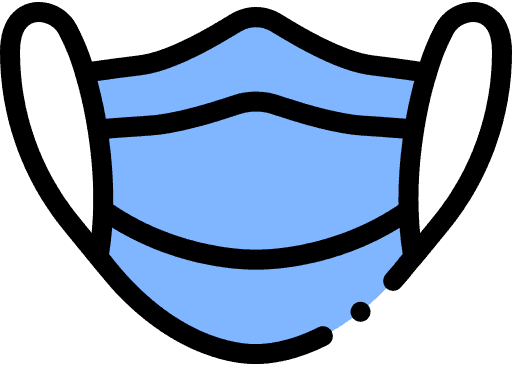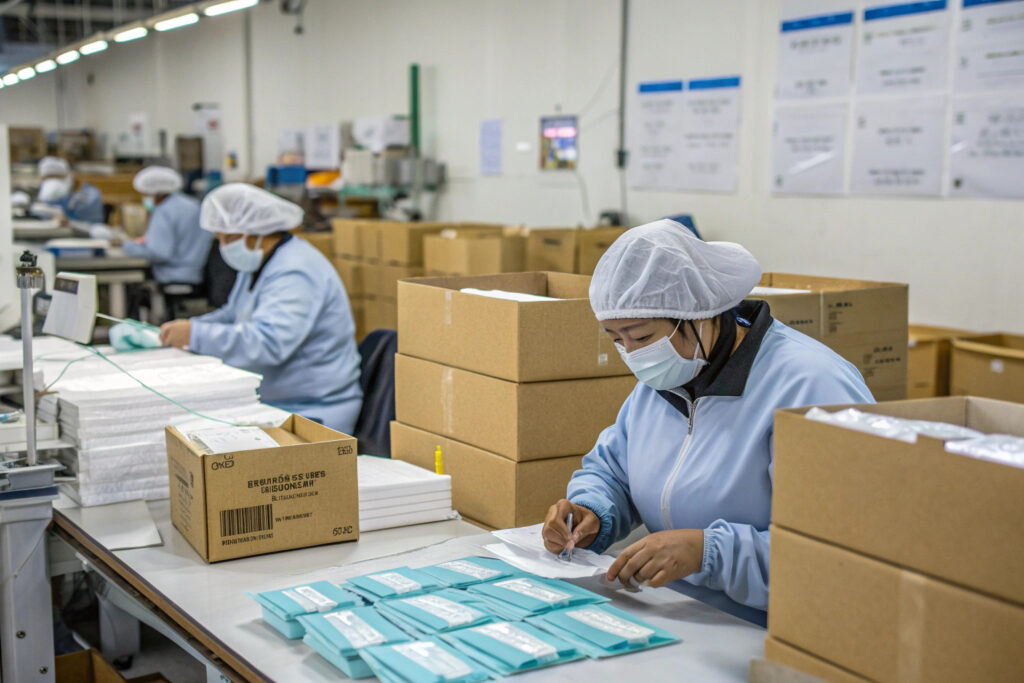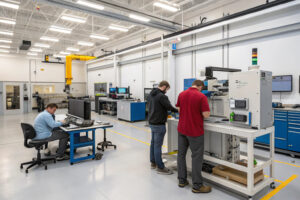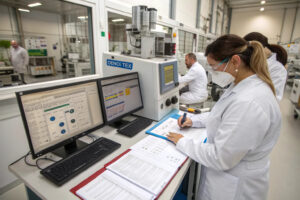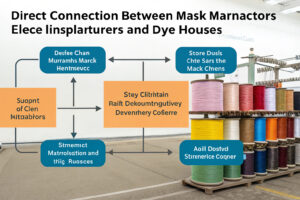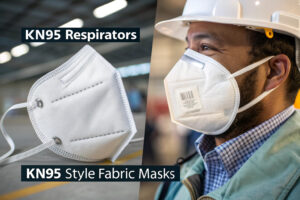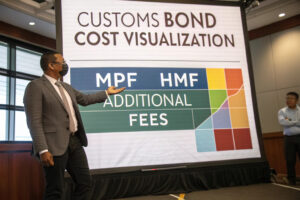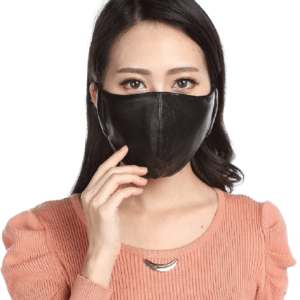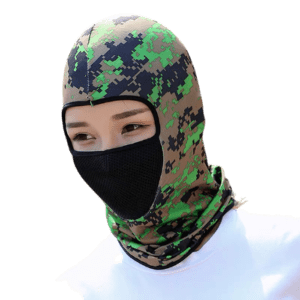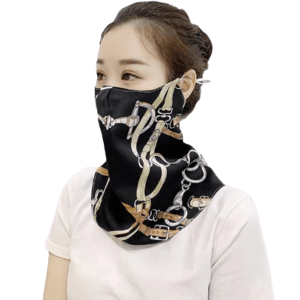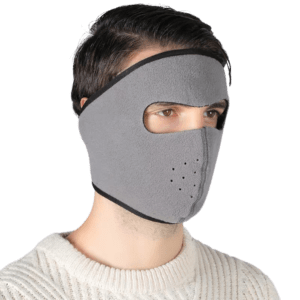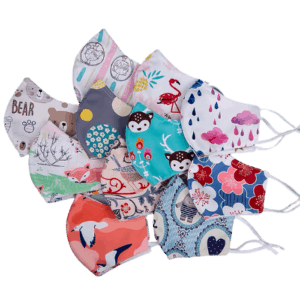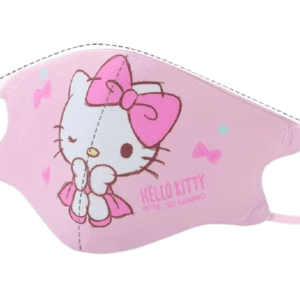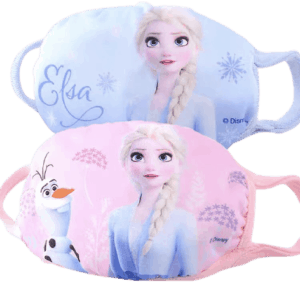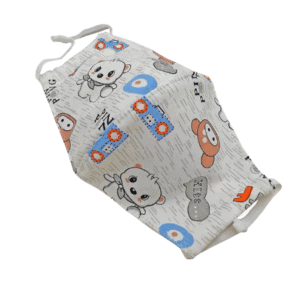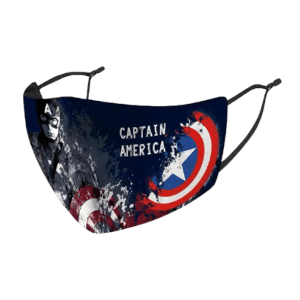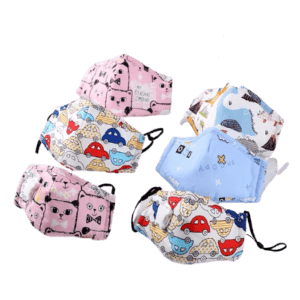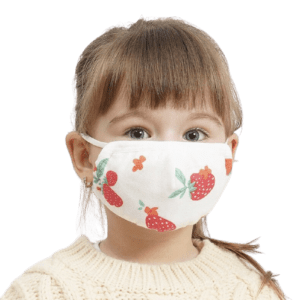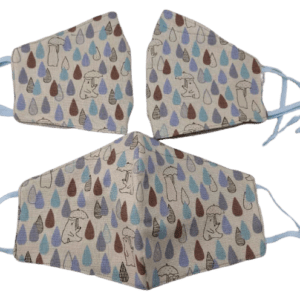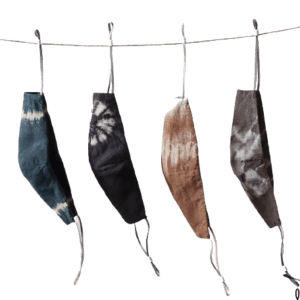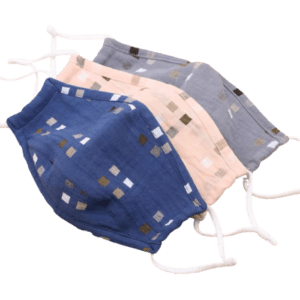When you run an apparel or accessories business, every dollar saved on sourcing can directly boost your profit margin. Many American and European buyers face the same pain points: unpredictable pricing, hidden fees, and delays caused by middlemen. The question is, does buying directly from a fabric mask factory solve these problems better than working with a trader?
Sourcing directly from a fabric mask factory usually results in lower costs, tighter quality control, and faster lead times compared to using a trader. Traders may offer convenience, but their added fees and lack of direct production oversight often reduce transparency and increase overall expenses.
For importers, wholesalers, and entrepreneurs, understanding the differences between factories and traders is not just about price—it’s about long-term competitiveness. Let’s explore where the real cost benefits lie.
How Do Factories Offer Lower Unit Prices?
Factories eliminate the markups that traders add on top of production costs. This makes unit prices significantly lower for bulk orders.
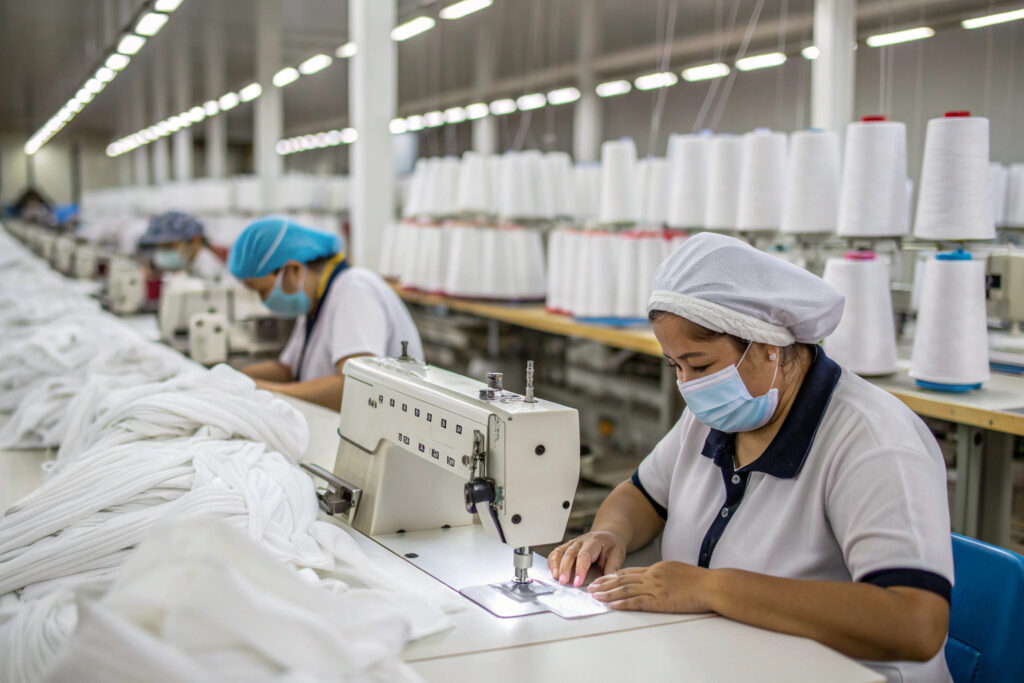
Why Is Direct Pricing More Transparent?
When you deal directly with a factory, you see actual costs of raw materials, labor, and packaging. This transparency allows better negotiation. For example, if you understand the price fluctuation of cotton fabric or polyester yarn, you can directly request adjustments in line with global market rates.
Can Traders Compete on Price?
Traders often source from the same factories but add a margin to cover their operations. That margin can range from 10% to 30%, depending on volume. While traders sometimes offer flexible payment terms, the long-term cost for frequent buyers usually ends up higher compared to direct factory sourcing.
Is Quality Control Stronger with a Factory?
Direct sourcing from a factory means you can request certifications, monitor production, and set up your own quality assurance steps.
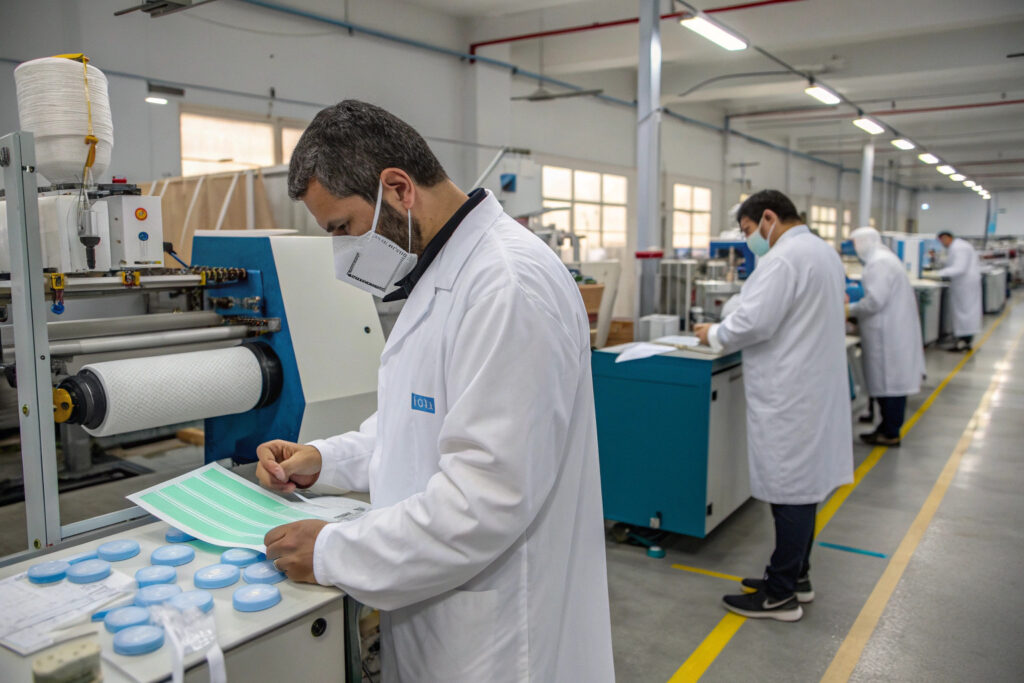
How Do Factories Manage Testing?
Professional factories often run in-house labs with testing for composition, shrinkage, and safety. Buyers can request OEKO-TEX certification or compliance with ASTM standards. This ensures masks meet international expectations.
Do Traders Oversee Production Standards?
Traders rarely control production details. They rely on third-party reports or factory updates. This can create risks if your brand depends on consistent colorfastness or fabric safety standards. Quality mistakes here can cost more than savings on price.
What About Lead Time and Logistics Efficiency?
Factories can often move faster because they control production schedules and shipment preparation directly.
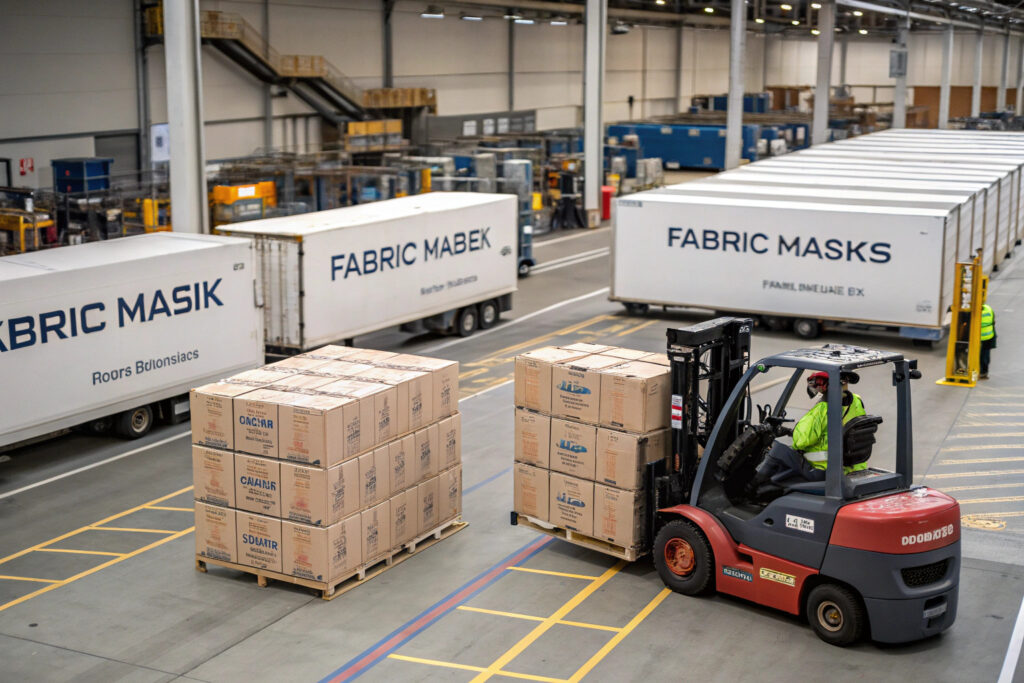
Can Factories Deliver Faster?
When orders are managed in-house, lead times shorten. A well-equipped factory can finish sampling in one week and bulk production in under four. This helps reduce warehousing costs and avoids missing peak sales seasons. Efficient partners often integrate with multimodal transport hubs, saving buyers extra time.
Do Traders Slow the Process?
Traders coordinate with multiple suppliers, which introduces delays. For example, if packaging comes from one factory and fabrics from another, the trader must balance different timelines. This creates risks for importers who depend on on-time delivery for their retail operations.
How Does Direct Sourcing Reduce Hidden Costs?
Direct sourcing minimizes unnecessary expenses like double shipping fees, inflated tariffs, or redundant packaging costs.

Where Do Hidden Costs Come From?
Traders may charge for extra services like documentation or customs clearance, but factories in industrial hubs often include these services in their pricing. For instance, in regions like Keqiao, China, many factories already partner with logistics providers to optimize costs.
How Do Buyers Gain from Direct Deals?
Factories allow buyers to customize packaging, avoid duplicate freight handling, and negotiate directly on tariff implications. This transparency builds trust and reduces risks of overpaying. Buyers also save on transaction fees since there are fewer middlemen.
Conclusion
Direct sourcing from a fabric mask factory provides significant cost benefits compared to working with traders. Buyers save on unit pricing, secure better quality control, reduce lead times, and avoid hidden expenses. Traders may still help newcomers with small orders or lower initial risks, but for established businesses, factories remain the stronger long-term option.
If you are considering launching or scaling your fabric mask line, we at Shanghai Fumao are ready to partner with you. Our Business Director Elaine can provide tailored solutions for bulk orders. You can reach her at elaine@fumaoclothing.com to start developing your custom fabric mask collection today.
